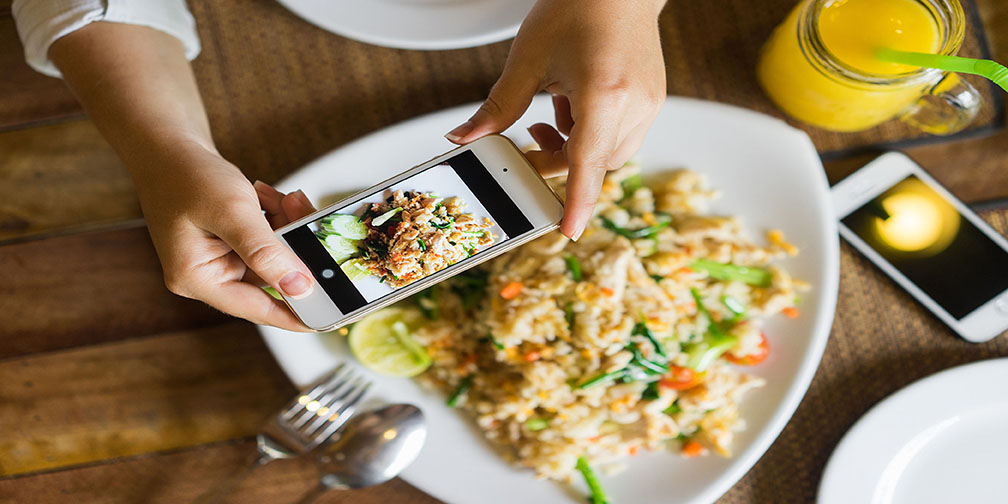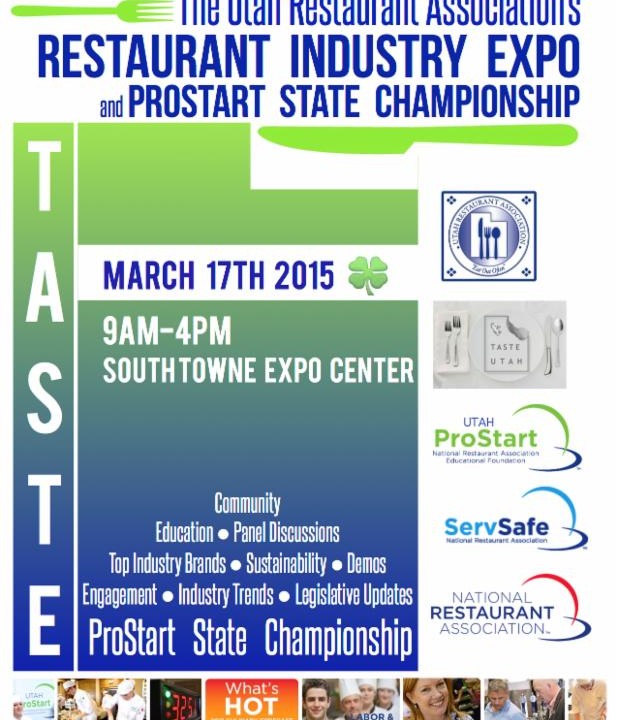
Few things have impacted modern society quite like social media. If something hasn’t happened on social media, it hasn’t happened, right? So many people depend on it as their primary source of information that it is impossible to ignore. Make no mistake, social media even effects society’s understanding of food safety.
The Utah Restaurant Association’s ServSafe training program is the antidote for social media. It is designed for food service managers interested in learning the latest standards and methodologies for maintaining food safety. Our program is accredited by the American National Standards Institute Conference for Food Protection.
Though our trainees may not necessarily learn about social media through ServSafe, Utah Food Service managers would do well to pay attention to it. There are good, bad, and ugly sides to show how social media affects what people believe in food safety.
The Good
There is little argument that social media has provided a worldwide platform for facilitating communication. None of us is more than a website away from a global conversation. We just need an internet connection and a device capable of getting online.
This has helped improve food safety to some degree by improving the ability of consumers to share information. For example, knowledge of a local outbreak of food poisoning can quickly travel across the internet and thereby alert other consumers and government agencies. As long as shared information is truthful, it is almost always helpful.
The Bad
Moving on to the bad, it is very evident that a lot of internet users simply refuse to question anything they read online. If something appears on social media, it is just assumed to be true. Not only is this bad in general, but it is also bad for food safety.
One of the hallmarks of our ServSafe training is separating fact from fiction. We want our trainees to understand the facts about food safety; we do not want them to contribute to unnecessary hysteria based on hearsay, myth, and other false information.
The reality is that just one sensational report on social media can send people into a panic. Hysteria spreads quickly online, and social media is often a big part of it.
The Ugly
Yes, social media does have an ugly side. Over the years we have seen numerous reports of disgruntled employees or unhappy customers purposely and maliciously spreading false information in order to get revenge on a food service establishment they are unhappy with.
These sorts of social media users understand just how powerful their chosen platform is for spreading the word. As such, they weaponize it against those with whom they have disagreements.
Not only is spreading false information both ethical and immoral, but it also jeopardizes legitimate business owners and managers who have done nothing wrong. And yet, food service managers and establishment owners are powerless to stop it.
Training Is the Best Option
Social media is a part of society that must be accepted. Like it or not, it is reality. Therefore, the best thing management and ownership can do is take advantage of training.
You cannot stop someone from posting something negative about your restaurant. But you can make sure management has been trained according to ServSafe standards. Proper training ensures that your establishment is always following both industry standards and government regulations to protect patrons.
You might not be able to prevent the bad and ugly aspects of social media from stirring up trouble. But you can prevent unsafe practices that give negative posts legs. As long as you’re doing things the right way, it doesn’t matter what other people say.

